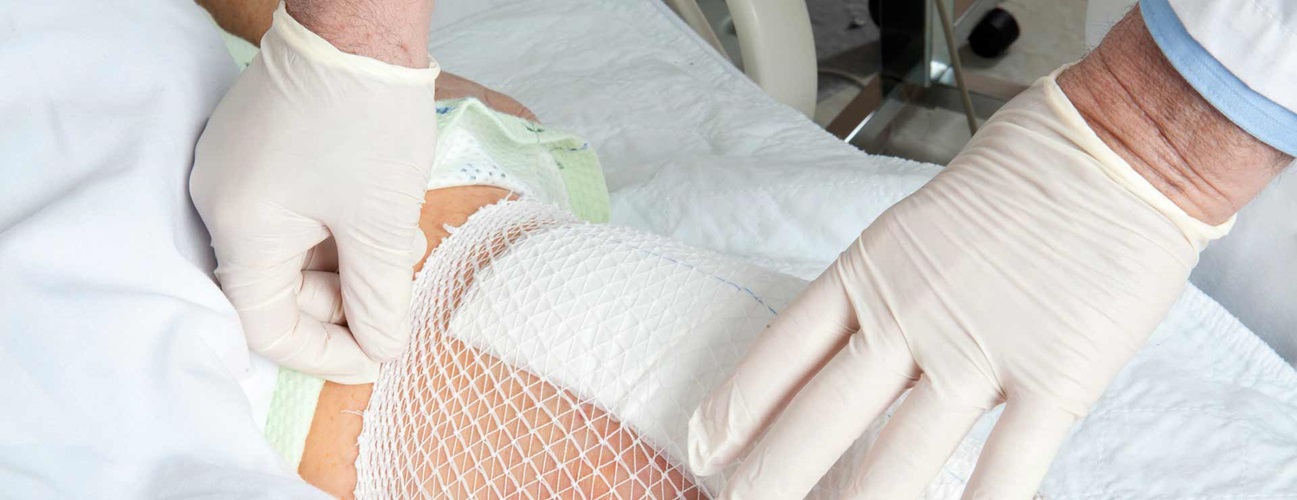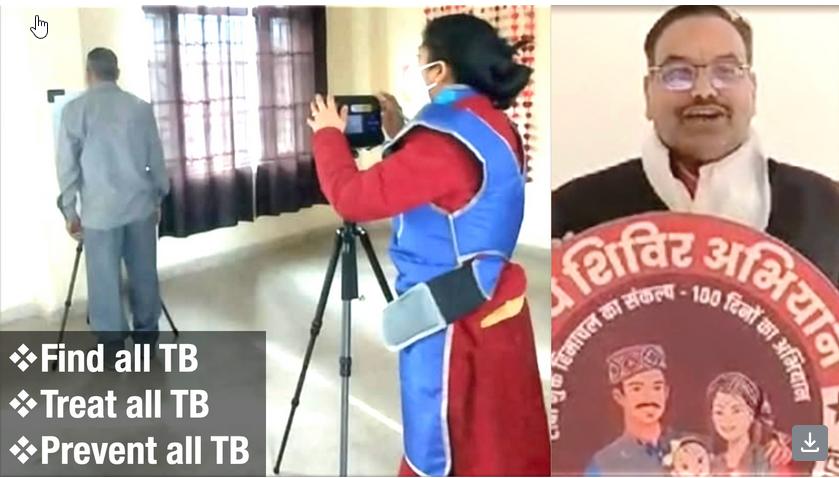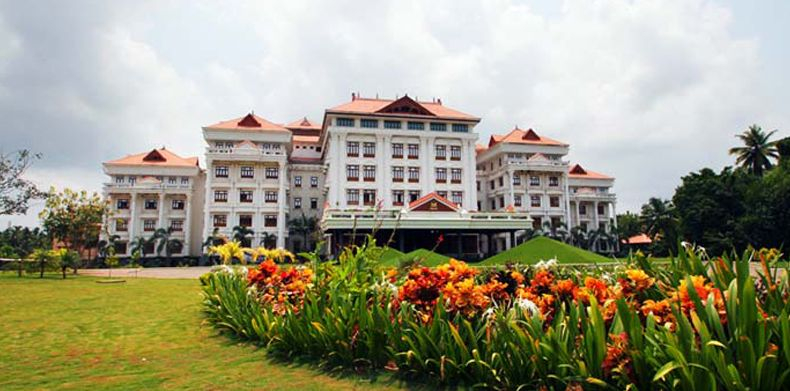India's monsoon season brings relief from the intense heat but also ushers in a concerning health issue: dengue fever. This mosquito-borne illness sees a surge in cases as humidity levels rise, creating ideal breeding grounds for mosquitoes. In 2023 approximately 2.8 Lacs cases were reported of Dengue with 485 people losing their life.
Understanding Dengue Fever: Dengue fever is caused by four types of dengue viruses, spread primarily through the bite of infected Aedes mosquitoes, particularly Aedes aegypti. These mosquitoes thrive in warm, humid climates and are active during the day, biting multiple people during a single feeding session.
Symptoms of Dengue: The onset of dengue fever is marked by a sudden spike in temperature, often exceeding 104°F (40°C). This high fever is accompanied by severe headaches, muscle and joint pains, and a distinctive skin rash. Nausea, vomiting, and loss of appetite are also common symptoms. In more severe cases, patients may experience abdominal pain, bleeding from the gums or nose, and profound fatigue, which can lead to complications requiring hospitalization.
Preventing Dengue: Preventing dengue primarily revolves around controlling mosquito populations and reducing exposure to mosquito bites:
1. Mosquito Repellents: Use insect repellents containing DEET, picaridin, or oil of lemon eucalyptus on exposed skin.
2. Protective Clothing: Wear long-sleeved shirts, pants, socks, and closed shoes to minimize skin exposure.
3. Mosquito Nets: Sleep under mosquito nets, especially for infants and young children, to prevent nighttime mosquito bites.
4. Eliminate Breeding Sites: Regularly empty and clean containers that hold stagnant water, such as flowerpots, buckets, and bird baths, as these serve as breeding grounds for mosquitoes.
5. Community Action: Collaborate with neighbors and local authorities to implement mosquito control measures in public spaces, parks, and neighborhoods.
Treatment and Management: Currently, there is no specific antiviral treatment for dengue fever. Medical care primarily focuses on managing symptoms and providing supportive therapy:
1. Fluid Intake: Adequate hydration is crucial in managing dengue fever. Patients are encouraged to drink plenty of fluids, such as water, oral rehydration solutions, and electrolyte-rich drinks. This helps maintain fluid balance and prevent dehydration, especially during periods of high fever, vomiting, or diarrhea.
2. Rest and Monitoring: Resting is essential for allowing the body to recover from dengue fever. Patients are advised to take sufficient rest and avoid strenuous activities that may exacerbate fatigue or weakness.
3. Medical Monitoring: Patients with severe dengue or those at risk of complications may require close medical monitoring. This includes regular checks of vital signs, blood counts, and fluid status to assess the progression of the illness and ensure timely intervention if needed.
4. Blood Transfusion: In severe cases of dengue fever, particularly when there is significant bleeding or severe drop in blood platelets (thrombocytopenia), blood transfusions may be necessary to replenish blood components and stabilize the patient's condition.
5. Hospitalization: Patients with severe dengue symptoms, such as severe abdominal pain, persistent vomiting, bleeding tendencies, or signs of shock, may require hospitalization for intensive medical care and monitoring. Hospital-based management ensures prompt treatment and supportive care to minimize complications and facilitate recovery.
Effective management of dengue fever focuses on supportive care, symptom management, and close monitoring to ensure timely intervention and prevent complications. While there is no specific cure for dengue fever, early detection, proper medical care, and adherence to preventive measures can significantly reduce the severity of the illness and improve patient outcomes.
Dengue fever presents a significant public health challenge in India, particularly during the monsoon season when mosquito populations surge. Understanding the symptoms, preventive measures, and appropriate treatment options is crucial for minimizing the impact of this potentially life-threatening illness. By adopting proactive mosquito control strategies and promoting community awareness, we can collectively mitigate the spread of dengue fever and safeguard public health during the rainy season.

 By adopting proactive mosquito control strategies and promoting community awareness, we can collectively mitigate the spread of dengue fever and safeguard public health during the rainy season.
By adopting proactive mosquito control strategies and promoting community awareness, we can collectively mitigate the spread of dengue fever and safeguard public health during the rainy season.










.jpeg)






.jpg)
.jpg)










